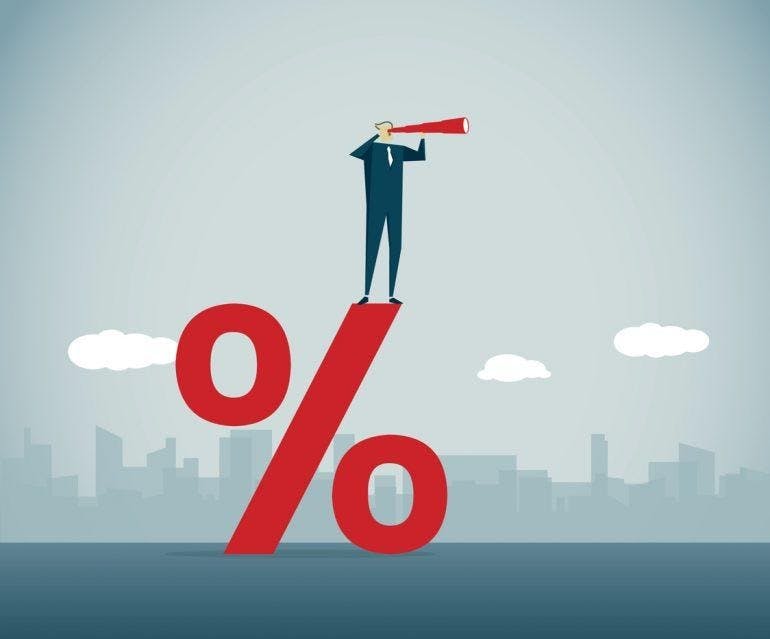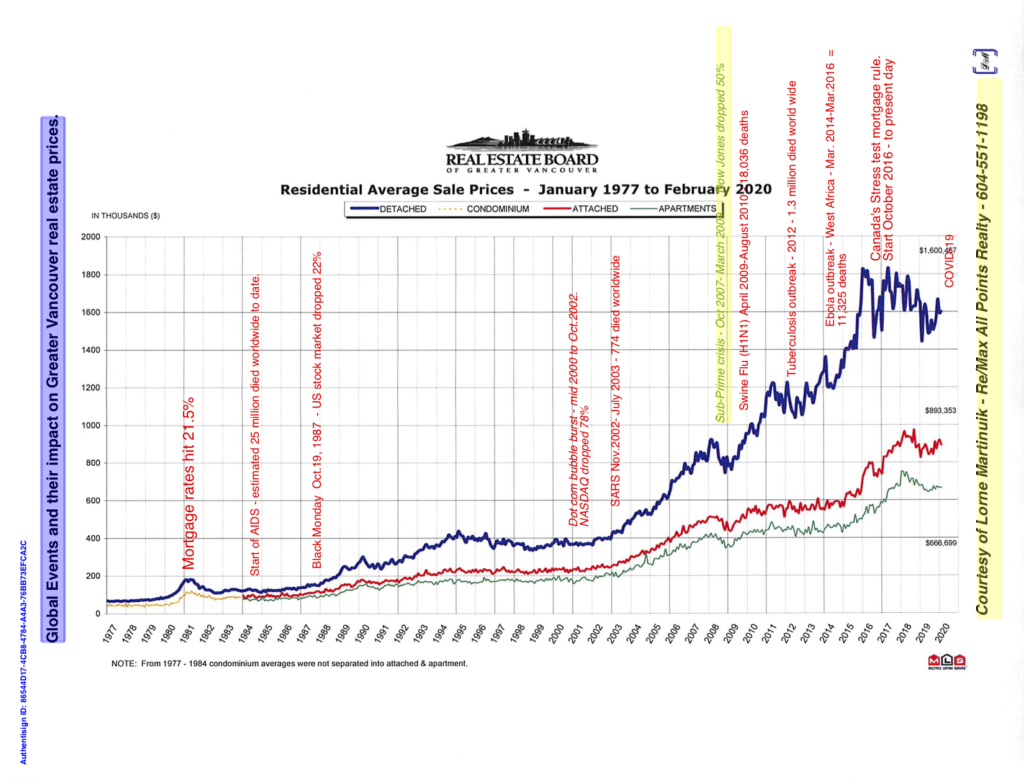Thanks to Tony Spagnuolo for this research:
We have all heard how developers are greedy, but ever wonder who makes the most money on a real estate development? Local, provincial and federal governments, that’s who!
According to CMHC, fees and charges accounts for 20% of the price of a new condo apartment. Want proof? Check out CMHC confirms government costs raise new home prices – Western Investor – link: https://www.westerninvestor.com/british-columbia/cmhc-confirms-government-costs-raise-new-home-prices-5621105?utm_source=Western+Investor+Newsletter&utm_campaign=d5759c29f1-EMAIL_CAMPAIGN_2018_01_03_COPY_01&utm_medium=email&utm_term=0_9b89d35e1e-d5759c29f1-96730905
The report further states a typical developer’s profit on a new condo project is estimated at between 10% to 15%.
Continue reading →




